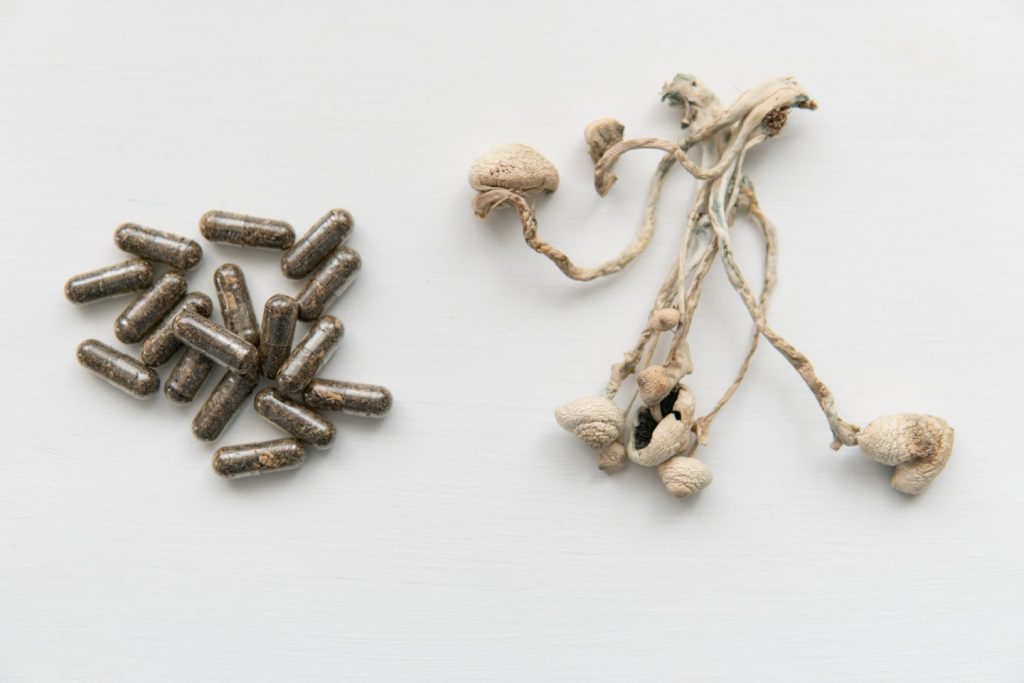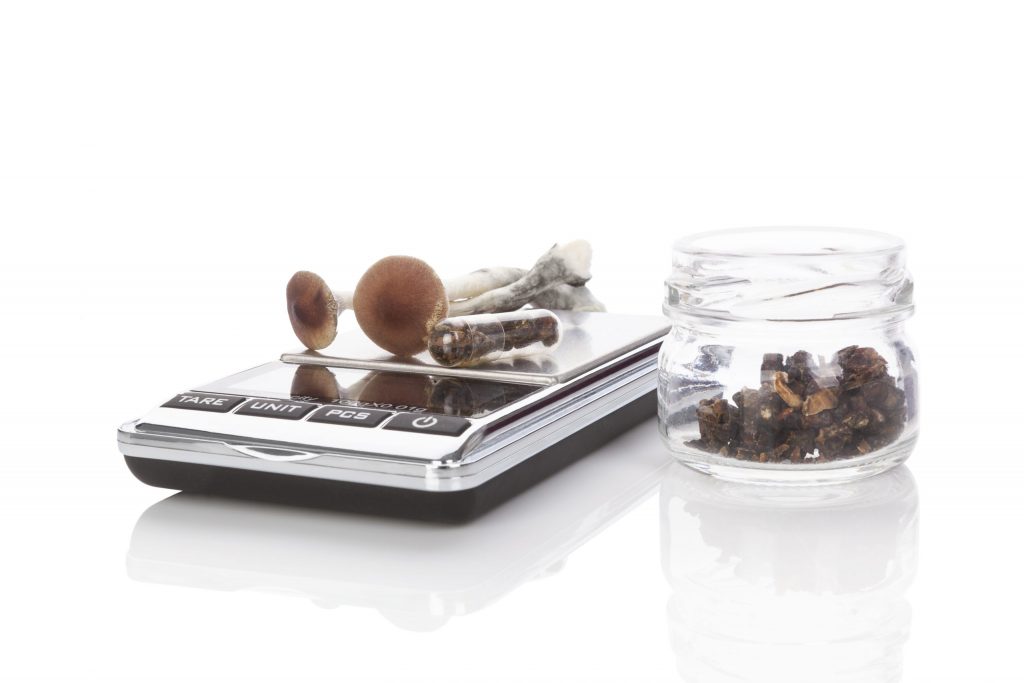
Some will tell you that to truly understand what psychedelics are all about, you need to speak directly to those who have microdose in Canada. By contrast, others insist that scientific research into microcybin in Canada such as Microcybin Canada holds the key to discovering how the whole thing works.
Scientific facts and anecdotal evidence technically lie on exact opposite ends of the spectrum. But when looking to determine the truth about pretty much anything at all, you need to carefully consider a balanced combination of both.
In any case, the popularity of microdosing has exploded over the past few years. Across the United States and Canada in particular, more people than ever before are spending more money on magic mushrooms and similar psychedelics. Some are even branching out into producing their own, with varying levels of success.
But what (for the time being) have we learned from scientific studies conducted into the effects of psychedelics? Is there a genuine argument for the therapeutic properties of microcybin, or is it all simply hearsay?
1. Positive Outcomes in Preliminary Reviews

Despite the fact that research into psychedelics began several generations ago, it’s still technically at a relatively remedial level. Nevertheless, preliminary reviews would seem to suggest that the measured consumption of psychedelics can have a positive effect against a wide variety of physical and psychological ailments.
Conditions like depression, anxiety, and PTSD in particular are theorized to respond well to microcybin treatment. As are certain types of chronic pain conditions and perhaps even the symptoms and effects of Alzheimer’s Disease.
As recently as February, the results of a study conducted back in 2018 were added to the journal Psychopharmacology. A group of around 1,100 participants who had experimented with microdosing psychedelics were asked to report on their experiences.
Among those taking part in the study, 44% said that microdosing significantly improved their mental health, 50% said that they had been able to withdraw from the use of conventional antidepressants and 40% no longer needed to take psychiatric meds. Fewer than 20% said that microdosing had no noticeable effect either way, while just 1.3% said they experienced a negative outcome due to microdosing.
Though the results of the study were more or less conclusive, the fact that it was conducted on a relatively small group of participants rendered it unviable as the basis for a formal scientific conclusion.
2. Users Believe the Benefits Outweigh the Risks

While microdosing is not considered a risk-free treatment, research suggests that most users believe that the benefits outweigh the risk. This was confirmed by the Global Drug Survey 2019, wherein around 7,000 respondents provided information about their use of psychedelics.
A subsequent review carried out late last year reached the conclusion that “the perceived benefits associated with microdosing greatly outweigh the challenges.”
“Our results suggest a partial replication of previously reported benefits and challenges among the present sample often reporting enhanced mood, creativity, focus and sociability,” the study states. “Counter to our prediction, the most common challenge participants associated with microdosing was ‘None’.”
Though again, the relatively small-scale nature of the survey rendered it unviable as the basis of a major scientific conclusion.
3. New Research, New Opportunities

Recent history would suggest that the growing trend towards the use of psychedelics as an alternative to conventional meds isn’t going anywhere. More people than ever before are experimenting with microdosing for more reasons than ever before – including a slew of famous faces and influential figures.
Likewise, the medical community is beginning to show more collective open-mindedness to the untapped potential of microdosing. Doctors are writing more prescriptions for psychedelics, providing honest and open advice on a topic once considered too taboo to discuss openly.
In the meantime, several major institutions have announced extensive research projects into the potential benefits and applications of psychedelics. Just a few examples of which include Johns Hopkins, NYU, the Beckley Foundation, and the newly launched research program dedicated to microdosing at the University of Toronto – all of which have demonstrated a major interest in the human response to microdosing.
Coupled with the intensive research being undertaken by innumerable private companies worldwide, it’s only a matter of time until formal conclusions are reached. Conclusions which, for the time being, seem to be headed in a predominantly positive direction.







